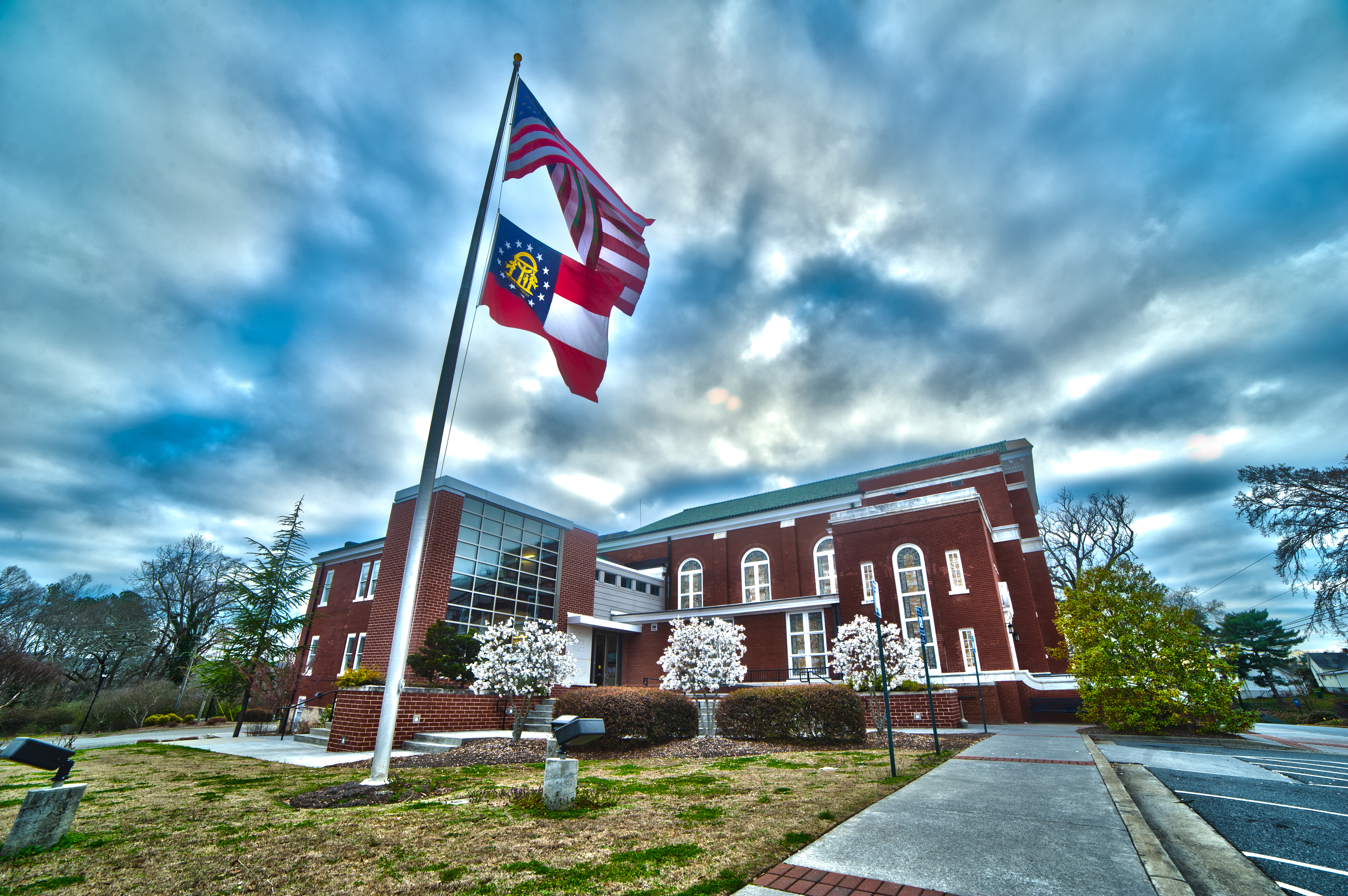Commercial Guide
The Ultimate Guide to Commercial Real Estate
BUY, SELL, LEASE OR INVEST WITH CONFIDENCE
MOST IMPORTANT FACTORS
Whether your business is growing or in the startup phase, you need an expert who understands your challenges. As an investor, you need an investor mindset working for you. Path & Post Commercial Specialists are business owners and investors themselves. We understand your unique obstacles and needs, plus have the experience to maximize your goals.
PRICE
Pricing commercial property can be done several ways, including income approach, replacement cost, and comparable comparisons. A Commercial Specialist can help you choose the process to determine the right price whether you are buying or selling.
CONDITION
Deferred maintenance is a key factor to consider when selling or buying commercial real estate. Whether it’s replacing the roof or painting the walls, every improvement can go a long way.
PRESENTATION
Using a strategic marketing approach, your Commercial Specialist will leverage professional photography, drone aerial footage, and a combination of digital channels and traditional networks to find and attract the right buyers.
LOCATION
Access to employees, consumers, shipping & delivery are super important when working with Commercial Real Estate.

“Path & Post Commercial was awesome! As a business owner, it’s hard to find the time to manage my investments and still run the business. Thankfully, Mike & his team were there for me to market the property and find a tenant with little vacancy time. I highly recommend P&P Commercial.”
Select a Commercial Specialist
Don’t just hire an agent, find a true Commercial Specialist.
Expertise
Commercial Specialists know unique market factors such as CAP Rate, ROI, NOI, and other key details in the local geography. They are also adept at local zoning, laws, politics, and more. But most importantly they know the local commercial marketplace: what kind of properties are available, which properties off the market could potentially be an option, and who to contact to put a deal together.
Negotiation
Whether you’re selling, buying, or leasing a Commercial Specialist can negotiate better terms than you ever could on your own. We all know that money is made or left on the table during the up-front negotiation phase. Plus, Commercial Specialists are contractually obligated to protect your financial interests.
Legal
Commercial Real Estate is a complicated process, full of financial and legal obligations that no layperson can be expected to keep current. Commercial Specialists are required to know the law and are experts in contract knowledge, plus they keep up with with changing regulations, ensuring you don’t sign a bad deal.
Network
Commercial Specialists have relationships with other professionals you’ll need such as lenders, lawyers, accountants, inspectors, and contractors. Acting as a guide on your journey, Commercial Specialists refer you to quality professionals they’ve tested with other clients in the past.
Time
Chances are you already busy managing your business, which means you’ll be hard pressed to find the time and energy for all of the necessary tasks to accomplish your Commercial Real Estate needs and goals. Your Commercial Specialist lives and breathes real estate, and is prepared to handle all the calls, paperwork, scheduling, and legwork involved.
COMMERCIAL LEASE TERMS
There are three basic types of commercial real estate leases.
One of the most popular types of net lease for commercial freestanding buildings, like industrial and retail spaces. It is known as the net net net lease, or NNN lease, where the tenant pays all or part of the three “nets”–property taxes, insurance, and CAMS–on top of a base monthly rent. Common area utilities and operating expenses are usually lumped in as well; for example, the cost for staffing a lobby attendant would be part of the NNN fees. Of course, tenants also pay the costs of their own occupancy, including janitorial services, utilities, and their own insurance and taxes.
In a gross lease, the rent is all-inclusive. The landlord pays all or most expenses associated with the property, including taxes, insurance, and maintenance out of the rents received from tenants. Utilities and janitorial services are included within one easy, tenant-friendly rent payment.
A benefit of this type of lease is that it is supremely easy for the tenant, which can forecast expenses without worrying about an unexpected lobby maintenance charge, for example. The landlord assumes all responsibility for the building, while tenants concentrate on growing their businesses.
A modified gross lease is a type of real estate rental agreement where the Owner or Landlord is responsible for the major expense items, but the tenant is responsible for their direct expenses. Typically, the Tenant is going to pay for expenses directly attributable to their unit such as rent, utilities, and janitorial. The Owner is going to pay for all common area and exterior expenses, together with management, and real estate taxes, insurance, etc.

VALUE PROPOSITION
Our clients gain these benefits as a result of doing business with Path & Post Commercial. It is not the service we sell, but rather how our service allows our clients to complete the job they are trying to get done.
UNDERSTAND YOUR SITUATION
In a world where answers are at your fingertips on every device, no one lacks for access to content. However, it’s the context of your unique situation that shapes your needs and goals. Our Commercial Specialists are trained to ask the proper questions in order to fully understand how to add value to your situation.
APPLY RELEVANT INSIGHTS
Anyone can share market data or a list of properties available, however our Commercial Specialists rely on their years of experience to deliver the appropriate insights relevant to your situation.
CUSTOMIZE SOLUTIONS
Path & Post commercial thrives on a model built around collaboration among a team of specialists. Leveraging systems, technology, personal experience and professional skills to create a custom solution for you and your goals.
PROPERTY TYPES
Path & Post Commercial Real Estate is skilled with a wide variety of property types. Our extensive experience has participated in transactions for almost every different deal imaginable. However, most can be grouped into these basic property groups.



Industrial buildings are used for functions such as manufacturing, R&D and the storage and distribution of goods.The three main categories are manufacturing, warehouse and Flex/R&D, which are defined as follows by the National Association of Industrial & Office Parks (NAIOP):
Manufacturing: A facility used for the conversion, fabrication and/or assembly of raw or partly wrought materials into products/goods. These properties tend to have less than 20% office space and can be further classified for a heavy or light industrial use.
Warehouse: A facility primarily used for the storage and/or distribution of materials, goods and merchandise. These buildings tend to have less than 15% office space, and modern facilities have high clear ceiling heights that allow for more cubic storage space. This category also may include specialty facilities, such as cold or freezer storage for food.
Flex/R&D: These industrial buildings are designed to give its occupants flexibility in use of the space. Sometimes referred to as flex/tech space, these buildings are an office-industrial hybrid that can have 30% to even 100% office finish.
Because they require a lot of acreage for wide building footprints, low-density parking, and truck turning, industrial buildings are almost never found in the Commercial Business District.
In our area, office buildings are usually loosely grouped into one of three categories: CBD, Office Condo, or Office Building
Central Business District (CBD). Office buildings located in the central business district are in the heart of a city.
Office Condo. Office condominiums work much like their private housing counterparts. Some companies purchase or rent an individual unit in a complex. The common areas are co-owned by all of the tenants and a board usually oversees landscaping and other maintenance issues. Office condominiums are ideal for professionals and companies that can safely predict their permanent space needs. An architectural firm or small advertising agency might do well in such a setting, but a fledgling manufacturing company could find future expansion nearly impossible. There may also be restrictions on the type of business which may be conducted in units. The facilities may not be able to accommodate excessive customer parking, for example.
Office Building. An office building, also known as an office block or business center is a form of commercial building which contains spaces mainly designed to be used for offices. An office building will be divided into sections for different companies or may be dedicated to one company. In either case, each company will typically have a reception area, one or several meeting rooms, singular or open-plan offices, as well as bathrooms. Many office buildings also have kitchen facilities and a staff room, where workers can have lunch or take a short break. Many office spaces are now also serviced office spaces, which means that those occupying a space or building can share facilities.
The land category includes investment properties on undeveloped, raw, and rural land in the path of future development. Or, infill land within an urban area, pad sites, and more. Purchasing unused land for a potential development is sometimes called speculative development. Subdivision of land is the principal mechanism by which communities are developed. Technically, subdivision describes the legal and physical steps a developer must take to convert raw land into developed land. Subdivision is a vital part of a community’s growth, determining its appearance, the mix of its land uses, and its infrastructure, including roads, drainage systems, water, sewerage, and public utilities.
Condos, apartments, and townhouse properties are not only excellent development projects, but also key investment vehicles in our local market. 3 key advantages to multi-family investing:
Easier to Finance
In most cases, if not all, the cost to acquire an apartment building will be significantly higher than the cost to purchase a single-family home as an investment. However, a multi-family property is more likely to be approved by a bank for a loan than the average home. That’s because multi-family real estate consistently generates a strong cash flow every month. This remains the case even if a property has a handful of vacancies or a couple of tenants who are late with their rent payments.
Quicker Portfolio Growth
Multi-family real estate is also very suitable for property investors who wish to build a a good size portfolio of rental units. Acquiring a 20 unit apartment building is a lot easier and much more time efficient than purchasing 20 different single-family homes. With the latter option, one would need to work back and forth with 20 different sellers, and conduct inspections on 20 houses that are each located at a different address. Additionally, in some cases, this route would also require an investor to open up 20 separate loans for each property. All of this headache could be avoided by simply purchasing one property with 20 units.
Property Management
There are some real estate investors who do not enjoy the actual management of their properties, and instead, hire a property management company to handle the day-to-day operations of their rentals. A property manager is typically paid a percentage of the monthly income that a property generates, and their duties might include finding and screening tenants, collecting rent payments, handling evictions and maintaining the property. Many investors who own one or two single-family homes do not have the luxury of contracting an external manager because it would not be a financially sound decision due to their small portfolio. The amount of money that multi-family properties produce each month give their owners room to take advantage of property management services without the need to significantly cut into their margins.

Path & Post is proud to present Commercial Path, a better option for land & commercial real estate projects. Path & Post Commercial provides in-depth market knowledge, deep relationships with local leaders and government representatives, and superior customer service with a friendly delivery.
